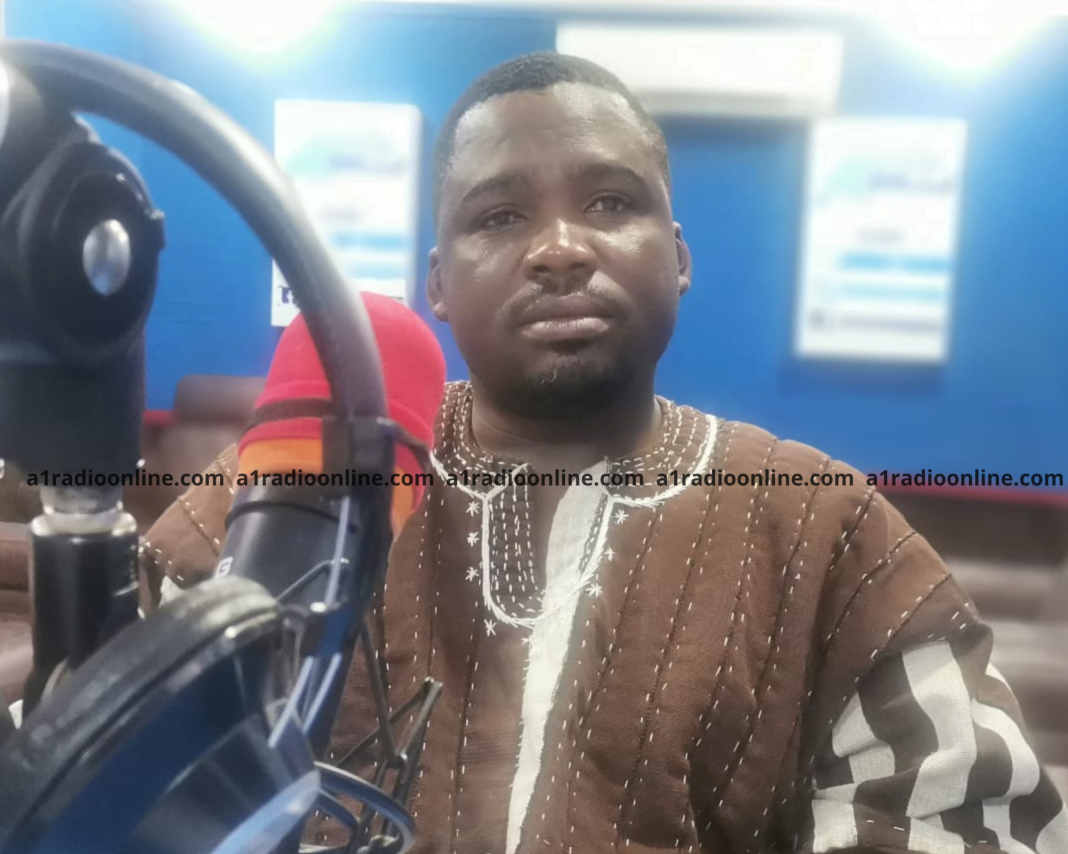The COVID-19 pandemic resulted in the temporary closure of tourism-oriented Small and Medium Scale Enterprises (SMEs) in the Upper East Region of Ghana. This led to increased unemployment and low confidence in the sector.
Additionally, women, especially those in food vending businesses, faced higher vulnerability and job losses during the pandemic.
While the government at the peak of COVID-19 in Ghana sought to support organizations, it has been realized that tourism resilience strategies like digital marketing and financial support did not effectively sustain tourism businesses.
These were contained in a paper titled “Resilience of the Tourism Industry Amid the COVID-19 Pandemic: Experiences from the Upper East Region” written by Dr. Samuel Akonga, Research Fellow at the Bolgatanga Technical University.
According to the paper, the correlation between government liquidity support and digital marketing of tourism products was positive but statistically insignificant.
Additionally, the resilience strategies adopted by the government did not adequately support the sustainability of tourism businesses. Dr. Akonga, through the paper, recommended including expanding disaster management provisions to address risks faced by tourism businesses during crises.
The study contributes foundational data on power dynamics in resilience strategy implementation in the Upper East Region, focusing on non-existent aspects of the field.
When Dr. Akonga spoke to Mark Smith on the Day Break Upper East Show, he stated that the tourism industry has the highest potential of bridging the gender inequality gap.
Source: A1Radioonline.Com|101.1MHZ|Mark Kwasi Ahumah Smith|Bolgatanga|


